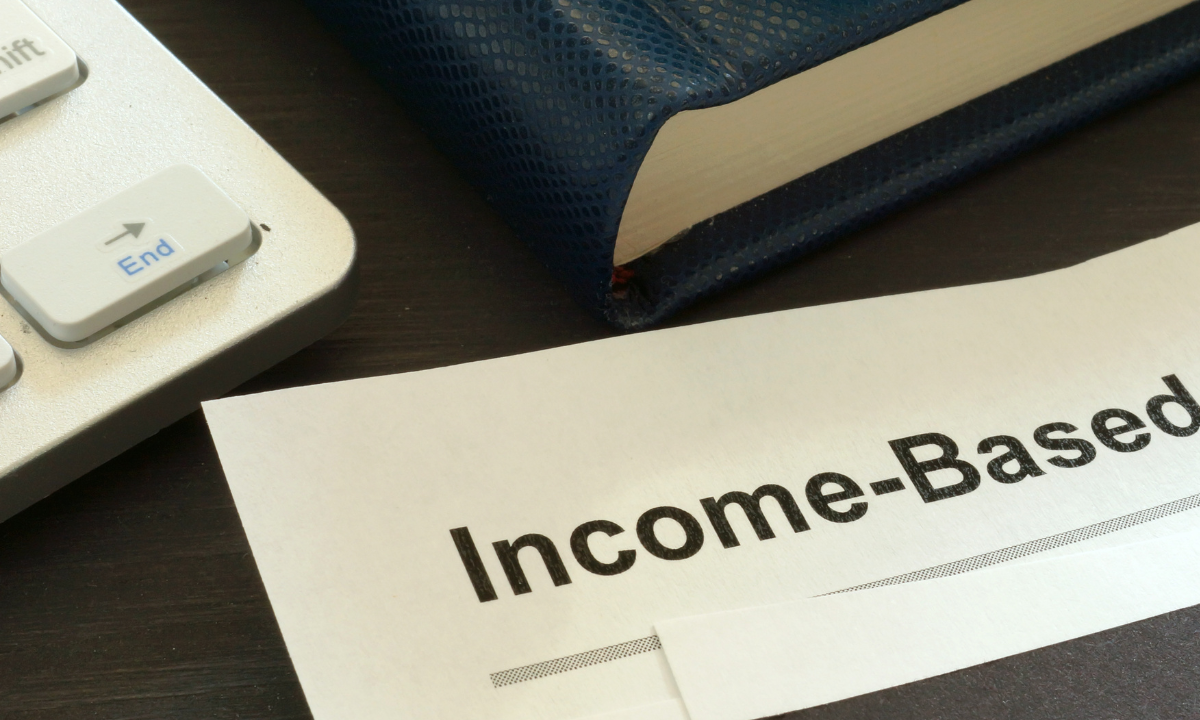Written by Dana Ronald of the Tax Crisis Institute
There are currently nine states that do not require income tax. Some of these states, such as Florida, have combated the lack of income tax with higher taxes in other areas such as sales. Overall, however, there have been benefits to these states as well. Below is a list of six benefits of states without an income tax.
1. Helps in Saving Money
The higher your income is, the more income taxes you have to pay. This is the same in any state that has income taxes, leaving little room for many individuals to save money for retirement or goals that they have set out for themselves.
A lack of savings can hurt your family’s future financial prospects. The money that is not used towards income taxes can be put into a savings account or utilized for large purchases instead. This can make you feel much more confident about considering your future expenses and goals.
2. Inexpensive Tax Filing
Income tax season is great for some individuals while quite harsh for others. Tax filers, whether online or in-person, charge individuals for assistance in tax filing. Some individuals even have to pay back income taxes if not enough was taken out over the course of the year.
Tax season is a stressful time for all. Having a lack of income tax will save you significant money during tax filing season. There are fewer tax forms that have to be filled out, which means less work for your tax filer to have to perform. You also will not have to pay any unpaid income taxes back, saving you money and stress.
3. Career Growth
Many of the states that offer no income tax also offer some of the best up-and-coming job opportunities for recent graduates. States such as Washington and Texas — both of which have no income tax — are on the list for best opportunities for recent graduates. Young employees have a lot of expenses when first graduating.
When considering these expenses, young employees should feel comfortable about when landing a job out of college. They will have more money for student loan payments or mortgage payments, for example, when there is no income tax. Which allows them to feel more secure in their financial futures.
4. Retirees do not have to Worry about Added Expenses
Retirees have to pay for public service systems through tax-paying contributions in most states. This is confusing as most retirees do not have school-aged children or do not utilize the public sectors as they did when they were young. When there is no income tax, there is no need to pay for these services as it is often taken out of the state income tax revenue. This can save retirees money in the long run.
5. Retirees are More Financially Stable
When a retiree does not have to pay income tax, he or she will feel more financially stable. You will have savings or retirement funding built up from not having to pay income tax when working. You will also not have to pay tax on retirement checks that come through.
Retirement creates a huge loss of income. For this reason, many retirees feel financially unstable. But without an income tax there is more money to go towards bills and costs of living.
6. Business Owners can Thrive
Business owners can truly thrive in a state that does not have income tax. There will be less money deducted from the capital that is already put forth by business owners. You will have more money to put towards your business and your employees.
Business owners will also feel more confident in their businesses as individuals in the state as a whole will have more money to spend as consumers, driving sales for your business. It is important to understand sales tax laws in your state, however, as these may be higher in states without income tax.
Living in a state without income tax can have major benefits. It is crucial to consider your family’s financial needs before moving anywhere, but zero income tax states offer some significant benefits that should be factored in.




